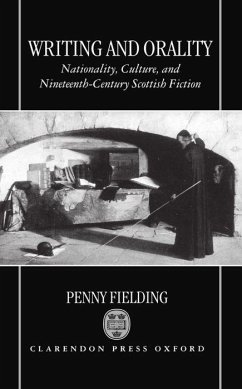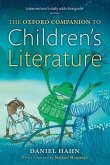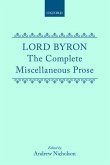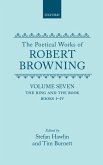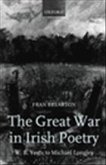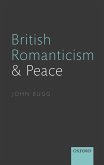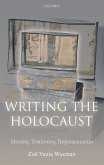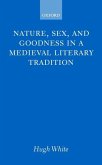Focusing on the writing of Scott, Hogg, Stevenson, and Oliphant, it looks at the conflicts in narratological experiments in Scottish writing, constructions of class and gender, the effects of popular literacy and the material condition of books as artefacts and commodities. This book is the first to offer a broad picture of the interaction of Scottish fiction and modern theoretical thinking, taking its roots from a combination of deconstruction, narrative theory, the history of orality, linguistics and psychoanalysis.
Writing and Orality explores the concepts of nationality and culture in nineteenth-century Scottish fiction, through the writing of Walter Scott, James Hogg, R.L. Stevenson, and Margaret Oliphant. It describes the relationship between speech and writing as a foundation for the literary construction of national and class identity, exploring how orality and literacy are figured in nineteenth-century preoccupations with the definition of 'culture'. The book further examines the persistence of the romance mode in the ascendancy of the novel and the relevance of speech and writing in the gendering of narrative forms, including the association of the oral with the unconscious at the end of the nineteenth century. Fielding offers a new model, following deconstruction, of the speech/writing opposition, in which it is subject to the varying influences of social and material forces. Writing and Orality looks at narrative experiments in Scottish writing as they are effected by constructions of class and gender, popular literacy, and the condition of books as artifacts and commodities. The book offers a comprehensive study of the interactions of nineteenth-century Scottish fiction and modern theoretical thinking, drawing on deconstruction, narrative theory, the history and theory of orality, and psychoanalysis.
Hinweis: Dieser Artikel kann nur an eine deutsche Lieferadresse ausgeliefert werden.
Writing and Orality explores the concepts of nationality and culture in nineteenth-century Scottish fiction, through the writing of Walter Scott, James Hogg, R.L. Stevenson, and Margaret Oliphant. It describes the relationship between speech and writing as a foundation for the literary construction of national and class identity, exploring how orality and literacy are figured in nineteenth-century preoccupations with the definition of 'culture'. The book further examines the persistence of the romance mode in the ascendancy of the novel and the relevance of speech and writing in the gendering of narrative forms, including the association of the oral with the unconscious at the end of the nineteenth century. Fielding offers a new model, following deconstruction, of the speech/writing opposition, in which it is subject to the varying influences of social and material forces. Writing and Orality looks at narrative experiments in Scottish writing as they are effected by constructions of class and gender, popular literacy, and the condition of books as artifacts and commodities. The book offers a comprehensive study of the interactions of nineteenth-century Scottish fiction and modern theoretical thinking, drawing on deconstruction, narrative theory, the history and theory of orality, and psychoanalysis.
Hinweis: Dieser Artikel kann nur an eine deutsche Lieferadresse ausgeliefert werden.

